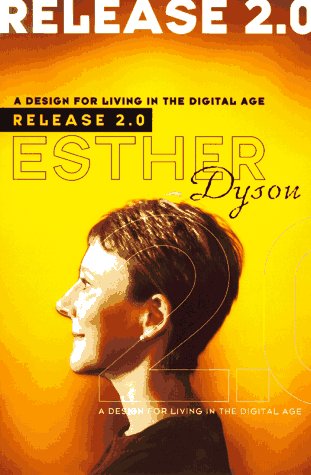How People are Paid for Their Attention
The result of the new economics is that people are often paid for their attention, implicitly or explicitly. They get to see television free in return for watching commercials. Their magazines and newspapers are subsidized or supplied free by advertisers. Nowadays bus shelters, baseball stadiums, and even those little refresher towelettes on airlines such as Lufthansa are supported by advertisers eager for your attention.
You are also rewarded with content according to the "quality" of attention you can provide. That is, advertisers want to know who you are and how likely you are to buy the products or services that your attention is being drawn to. That's why they ask you to fill in those little forms with everything from household income to ZIP code (which tells a lot more about you than you might suspect). Alternatively, if you can influence other people who might buy, or if you're a visible opinion-maker in politics, you're also a promising target for everything from magazines t ofree produce samples. (If you're a sports-clothes maker, just think of the value of having Bill Clinton appear in your brand of jogging shorts.)
Notes:
Consumers are rewarded by advertisers and companies for the attention and quality of attention they pay to products.
Folksonomies: memetics mindshare
Taxonomies:
/art and entertainment/books and literature/magazines (0.525796)
/business and industrial/advertising and marketing/advertising (0.482380)
/art and entertainment/movies and tv/television (0.474055)
Keywords:
attention (0.910901 (positive:0.700252)), little refresher towelettes (0.805563 (positive:0.522486)), ofree produce samples (0.725948 (neutral:0.000000)), advertisers (0.699373 (positive:0.520219)), jogging shorts (0.611193 (neutral:0.000000)), baseball stadiums (0.609673 (neutral:0.000000)), new economics (0.609070 (neutral:0.000000)), bus shelters (0.605186 (neutral:0.000000)), promising target (0.594259 (neutral:0.000000)), household income (0.591496 (negative:-0.588589)), visible opinion-maker (0.588059 (neutral:0.000000)), ZIP code (0.585234 (negative:-0.588589)), sports-clothes maker (0.585131 (neutral:0.000000)), little forms (0.577683 (negative:-0.588589)), people (0.510078 (positive:0.932397)), magazines (0.484257 (positive:0.325381)), quality (0.473859 (positive:0.729674)), products (0.472263 (positive:0.616506)), Lufthansa (0.458156 (positive:0.522486)), Paid (0.451367 (positive:0.932397)), commercials (0.442645 (positive:0.477625)), newspapers (0.442519 (positive:0.325381)), result (0.442045 (neutral:0.000000)), Consumers (0.439472 (positive:0.932397)), companies (0.439166 (positive:0.932397)), return (0.438801 (positive:0.477625)), airlines (0.438560 (positive:0.522486)), television (0.437023 (positive:0.477625)), Clinton (0.435730 (neutral:0.000000)), content (0.435049 (positive:0.746679))
Entities:
Bill Clinton:Person (0.761712 (neutral:0.000000)), Lufthansa:Company (0.714745 (positive:0.522486))
Concepts:
Bill Clinton (0.947002): website | dbpedia | freebase | opencyc | yago | musicBrainz
Household income in the United States (0.833699): dbpedia
Advertising (0.779472): dbpedia | freebase | opencyc





